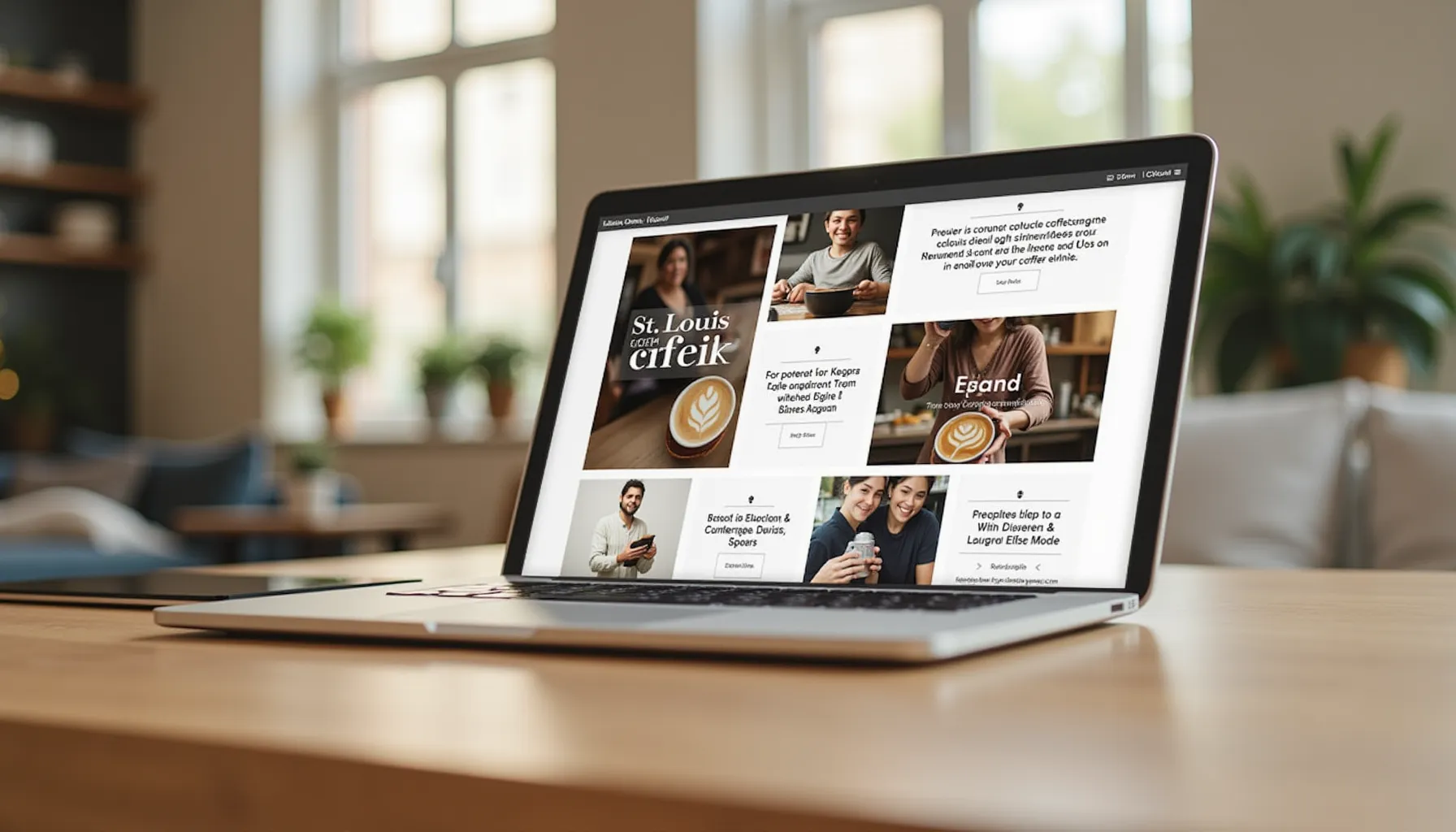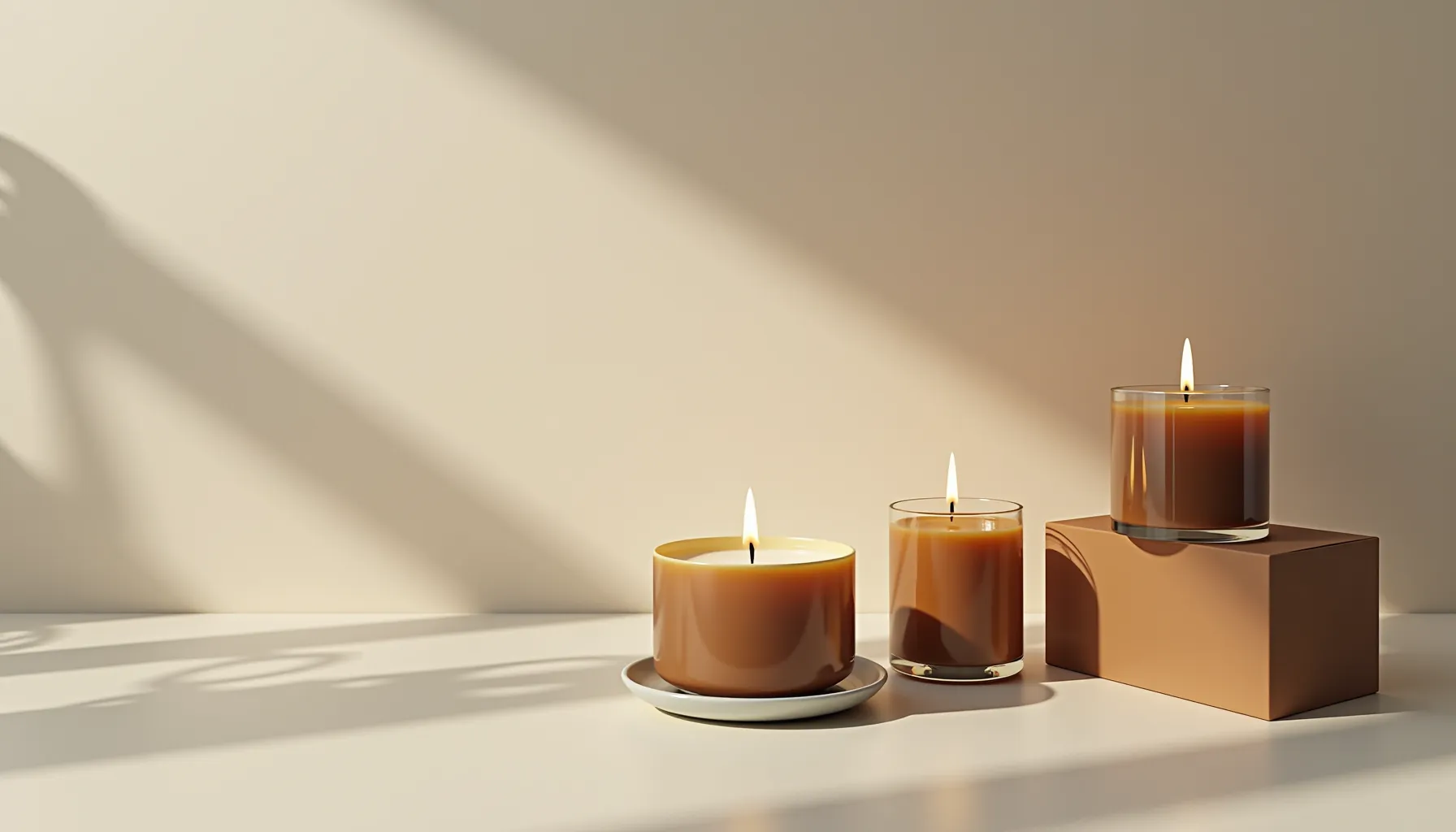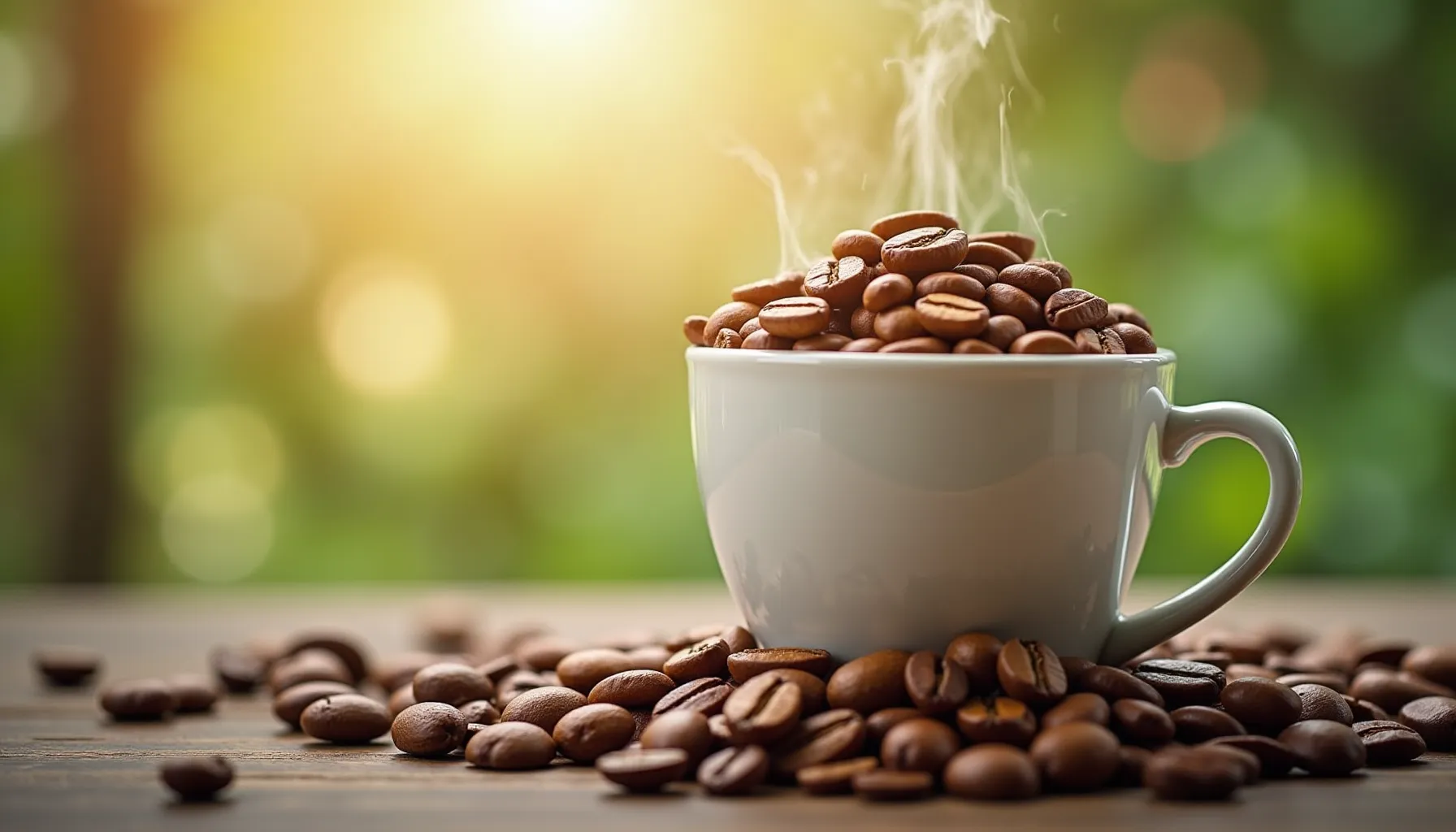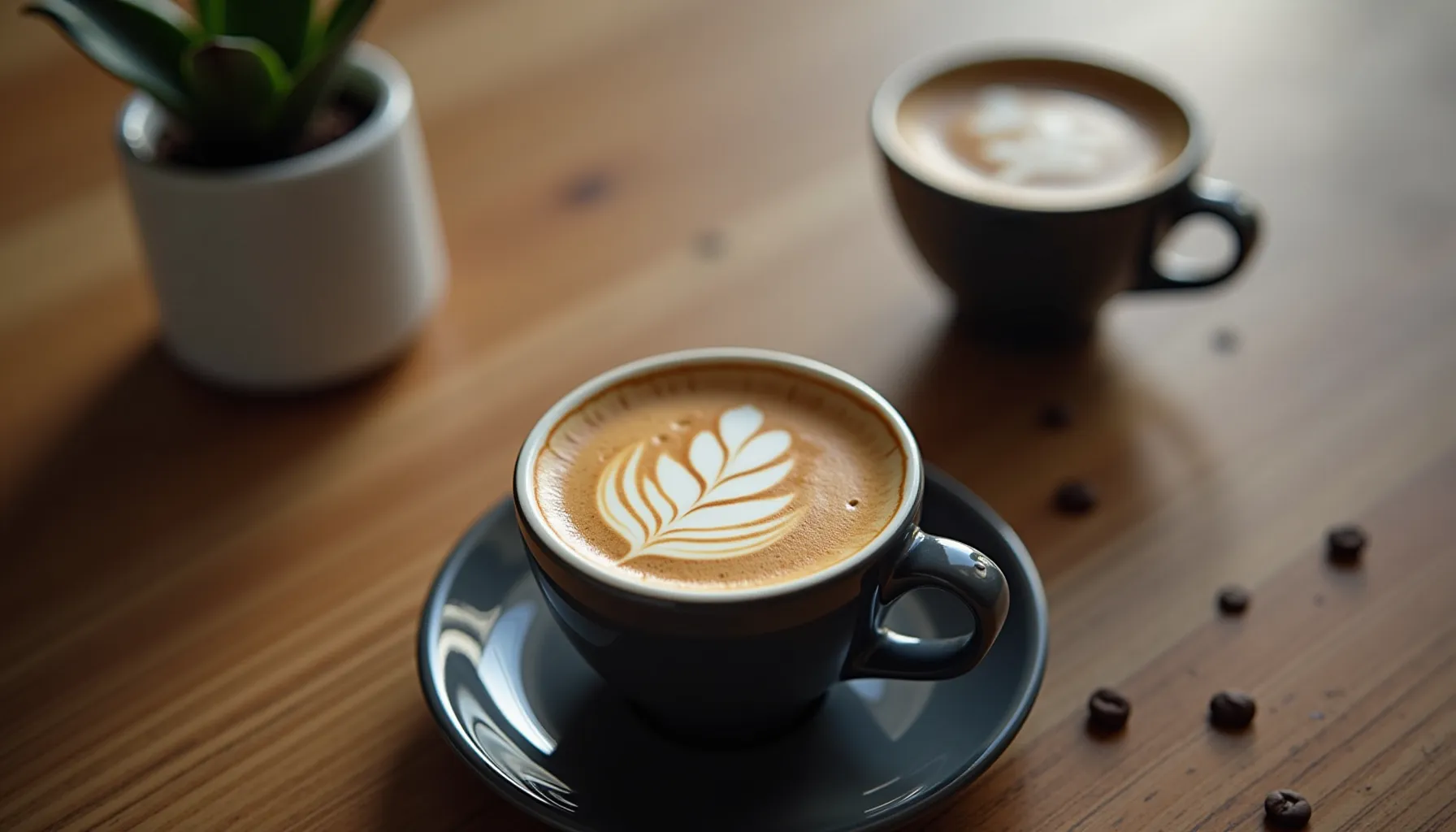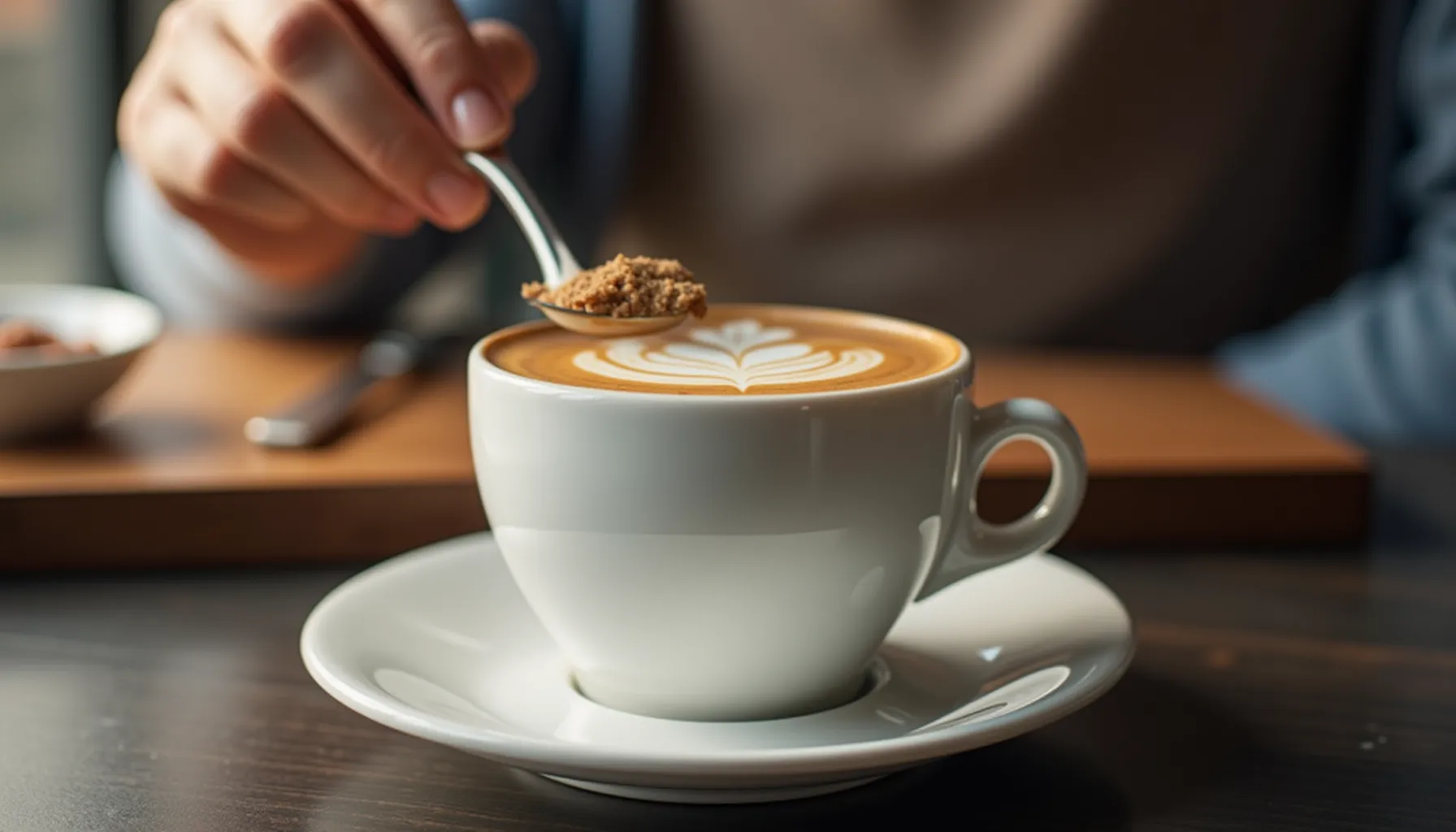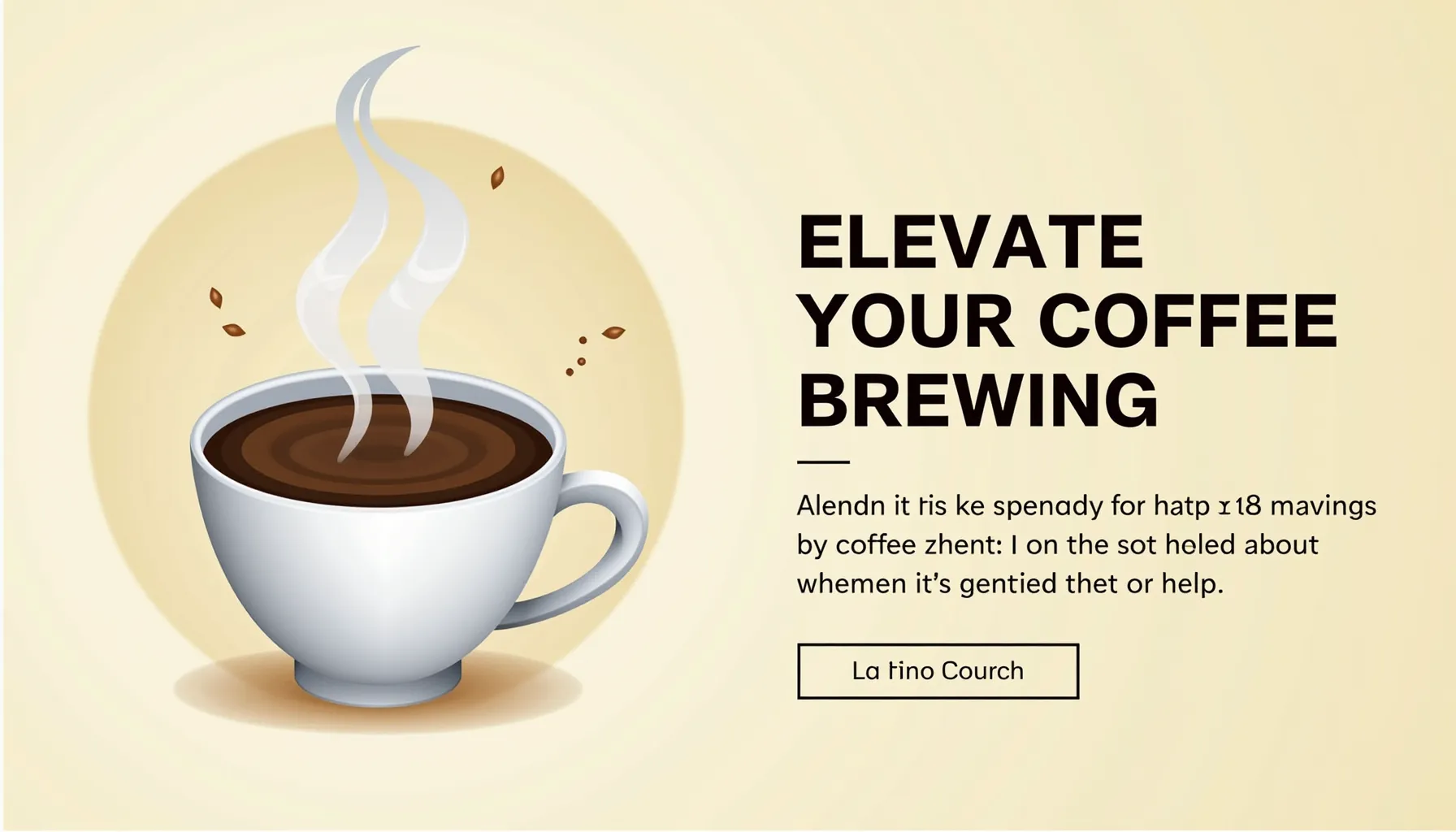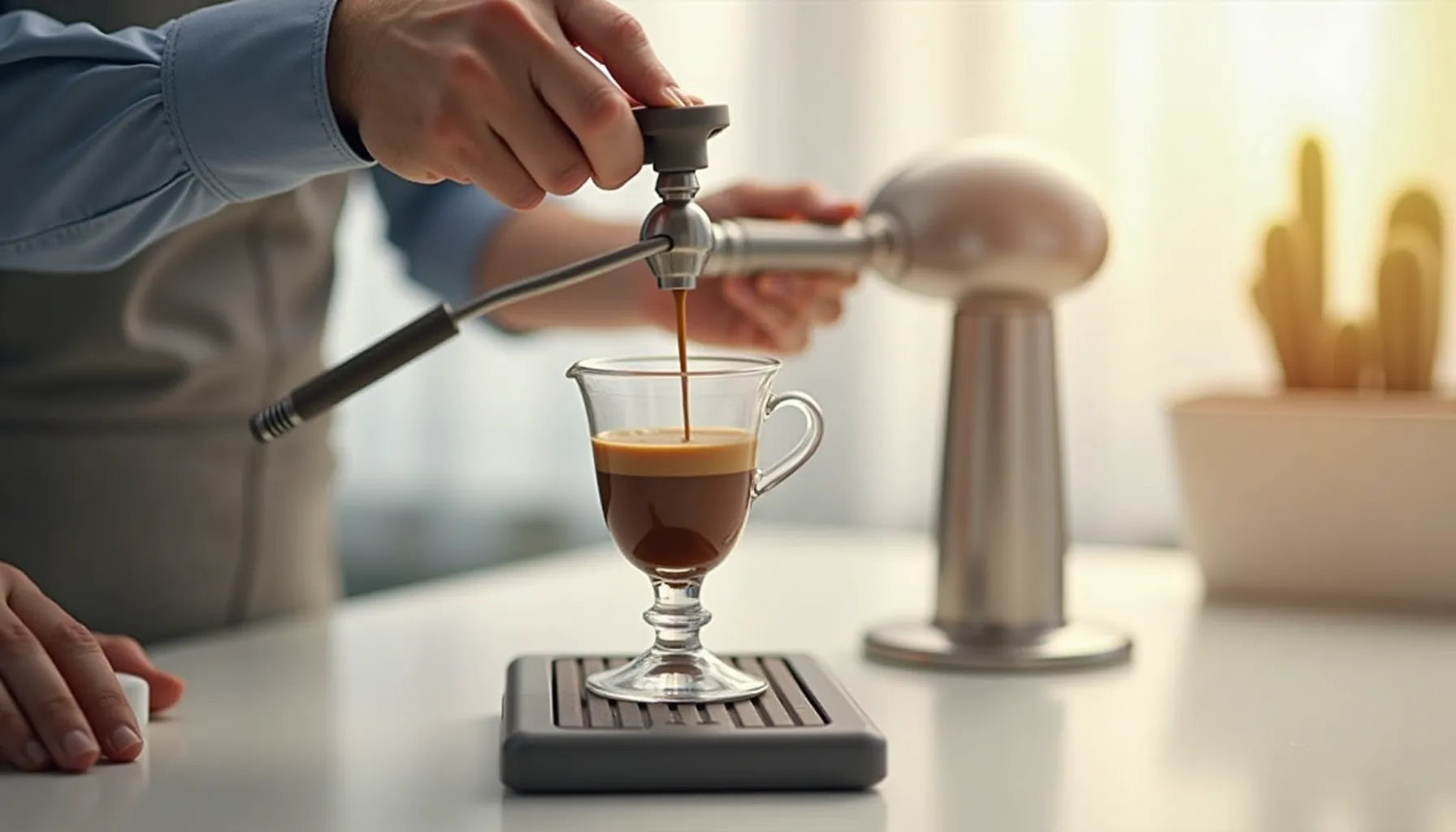Choosing the right coffee can feel overwhelming, especially with so many options available. Are you unsure whether to reach for that steaming cup of regular coffee or opt for the gentler embrace of decaf? You're not alone. Many coffee drinkers wrestle with this decision, not just for the sake of taste, but for their overall health and lifestyle.
Understanding the differences between decaf and regular coffee matters because it influences how you feel throughout the day. Whether you’re a caffeine-sensitive individual looking to avoid jitters, a night owl enjoying a late-night cup, or simply a flavor enthusiast wanting to explore different profiles, the choice you make can enhance your coffee experience.
In this article, we’ll compare decaf and regular coffee based on their features, taste profiles, health implications, and much more. We aim to present a comprehensive look at both options, weighing the pros and cons to help you make an informed decision that aligns with your preferences.
By the end, you’ll have a clearer understanding of which coffee type suits your needs best, empowering you to confidently select the ideal brew for any occasion.
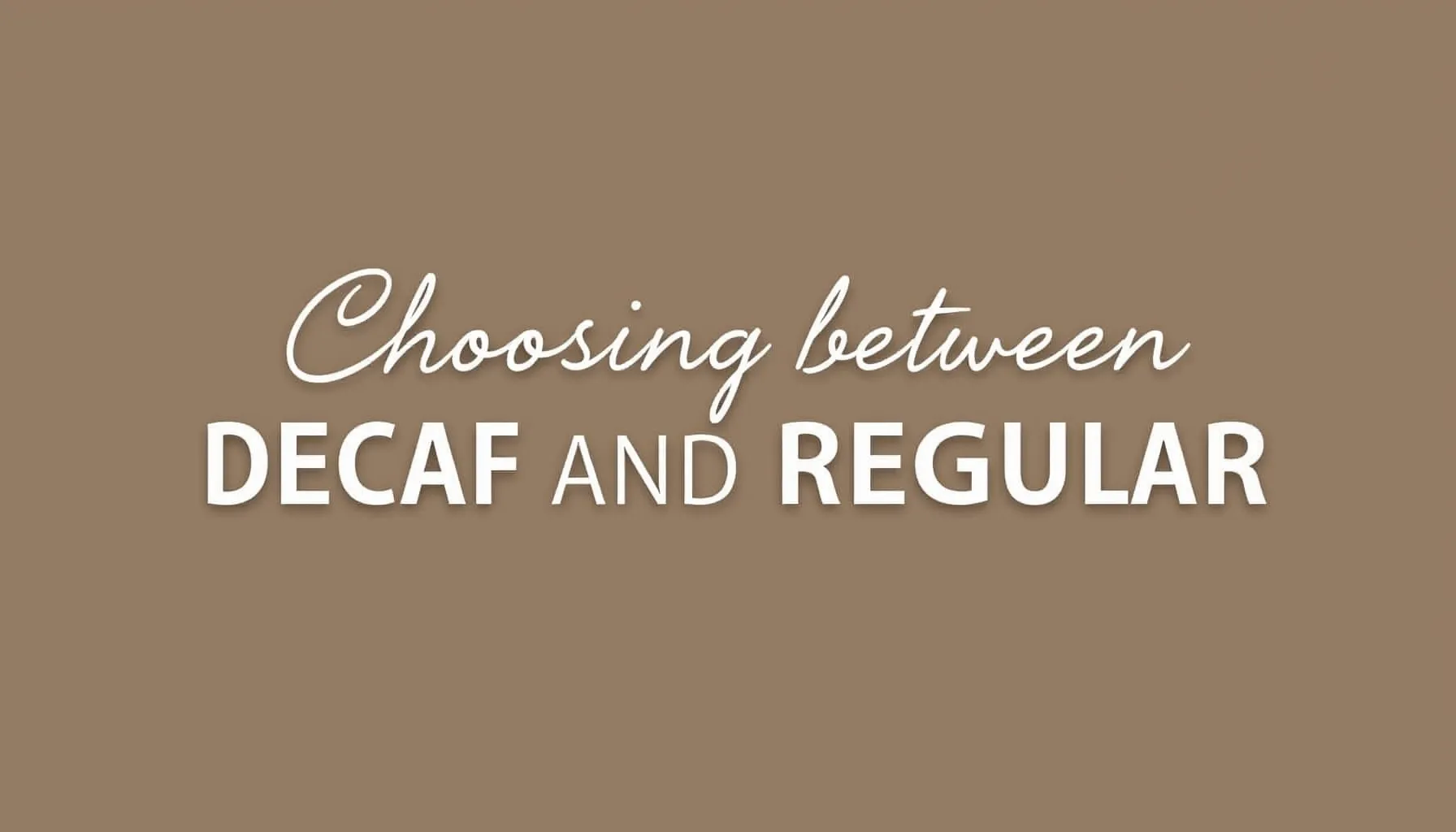
Decaf vs Regular Coffee: A Comprehensive Comparison
Overview Table
Feature |
Decaf Coffee |
Regular Coffee |
|---|---|---|
|
Caffeine Content (per 8 oz) |
2-5 mg |
70-140 mg |
|
Flavor Profile |
Milder, diverse based on beans |
Rich, bold, varies widely |
|
Health Benefits |
High in antioxidants, promotes better sleep |
Potentially lowers risk of several diseases |
|
Common Brewing Methods |
Similar to regular; drip, espresso |
Espresso, cold brew, French press, drip |
|
Pricing |
Generally similar, slight premium for specialty |
Wide range from low to high |
|
Pros |
Better for sleep, less anxiety, retains antioxidants |
More varieties, high caffeine boost, rich flavor |
|
Cons |
May have weaker flavor, processing concerns |
Risk of jitters, potential dependence |
Decaf Coffee: A Gentle Brew for Sensitive Souls
Decaf coffee is designed for those who enjoy the ritual and flavor of coffee without the stimulating effects of caffeine. The decaffeination process can vary, often using methods like the Swiss Water Process or CO2 extraction to maintain flavor while removing around 97% of the caffeine.
Key Features
- Caffeine Removal: 97% of caffeine is eliminated.
- Health Benefits: Contains antioxidants that can support health.
- Variety: Offers various blends, albeit fewer than regular coffee.
Pros
- Ideal for people sensitive to caffeine, offering a smoother drink.
- Less likely to disrupt sleep, making it suitable for nighttime consumption.
- Retains most health benefits of regular coffee, such as antioxidants.
Cons
- Flavor can be perceived as weaker or lacking complexity compared to regular coffee.
- Some decaffeination methods may introduce chemical residues.
- Limited availability of gourmet or specialty options.
Regular Coffee: The Classic Pick-Me-Up
Regular coffee packs that familiar punch of caffeine, giving your day the boost it might need. With origins rich in flavor and diversity, regular coffee is the choice for those who love variety and energy in their cup.
Key Features
- Caffeine Content: Can vary significantly, usually between 70-140 mg.
- Health Benefits: Linked to a reduced risk of several chronic diseases.
- Variety: A vast range of beans, roasts, and brewing methods available.
Pros
- Higher caffeine content is perfect for those needing an energy boost.
- Rich, varied flavors depending on origin, roast level, and brewing method.
- Strong association with health benefits, including metabolic improvement.
Cons
- Can lead to jitters or anxiety, especially in sensitive drinkers.
- Not ideal for late-night consumption due to caffeine levels.
- Frequent consumption may lead to dependence or withdraw symptoms.
Head-to-Head Comparison: Which Brew Fits Your Life?
| Criteria | Decaf Coffee | Regular Coffee |
|---|---|---|
| Caffeine Impact | Minimal energy boost, suitable for evening | Significant energy boost, enhances focus |
| Flavor Depth | Varies but perceived as milder | Bold, diverse flavors based on beans |
| Health Benefits | Good for sleep, lower anxiety | Boosts metabolism and reduces chronic disease risks |
| Best For | People avoiding caffeine, nighttime drinkers | Morning routine, energy-seekers |
Use Cases: Choosing the Right Brew for You
Understanding when to choose decaf or regular coffee can significantly enhance your coffee experience. Here are some practical scenarios:
- Late-Night Study Sessions: If you're burning the midnight oil, opt for decaf coffee to keep your mind alert without risking a disrupted sleep cycle.
- Morning Boost: For your early morning routine, reach for regular coffee. The higher caffeine content will help shake off that lingering sleepiness and get you ready for the day.
- Health-Conscious Choices: If you’re looking for a healthier alternative due to anxiety or caffeine sensitivity, decaf can be a wiser option without sacrificing the coffee experience.
- Flavor Enthusiasts: Regular coffee drinkers can explore a wide range of roasts and brewing styles, perfect for discerning tastes and culinary experiments.
Making Your Coffee Choice: Final Thoughts
As we've explored the differences between decaf and regular coffee, it's clear that each option offers unique benefits and some drawbacks. Decaf coffee provides a flavorful experience with minimal caffeine, making it ideal for late-night enjoyment or for those sensitive to caffeine. On the other hand, regular coffee boasts a robust flavor and a significant caffeine boost, perfect for morning motivation and enhanced focus.
To recap:
- Decaf Coffee: Great for individuals looking to limit caffeine intake, with health benefits that include aiding sleep and reducing anxiety, though it may lack the bold flavors of regular coffee.
- Regular Coffee: Offers rich flavor profiles and health advantages, such as lowering the risk of chronic diseases, but with potential downsides like jitters and sleep disruption due to higher caffeine levels.
For those of you who love the taste of coffee but want to avoid the jitters, decaf is a smart choice. If you're a busy professional needing that morning lift, regular coffee might be your best bet. Regardless of your preference, both types contribute to the rich tapestry of coffee culture.
Ready to find your perfect brew? Your journey to discovering the right coffee starts now. Whether you're leaning toward decaf or regular, head to your favorite coffee shop or online store to explore the many delightful options available.
Frequently Asked Questions
Q: Is decaf coffee completely caffeine-free?
A: No, decaf coffee is not completely caffeine-free. It typically contains 2-5 mg of caffeine per 8 oz cup, compared to 70-140 mg in regular coffee.
Q: What are the health benefits of decaf coffee?
A: Decaf coffee retains many of the antioxidants found in regular coffee and can help reduce anxiety, making it a healthier choice for those sensitive to caffeine.
Q: Can I drink decaf coffee if I'm sensitive to caffeine?
A: Yes, decaf coffee is an excellent option for individuals with caffeine sensitivity, allowing you to enjoy coffee without the associated jitters.
Q: Does decaf coffee taste the same as regular coffee?
A: While some flavors may be different due to the decaffeination process, many people find that high-quality decaf coffee still offers rich and diverse flavors, though it may be perceived as milder than regular coffee.
Q: What is the best brewing method for decaf vs. regular coffee?
A: Both decaf and regular coffee can be brewed using similar methods, such as drip, French press, or espresso. Your choice will depend on personal flavor preference and brewing convenience.




